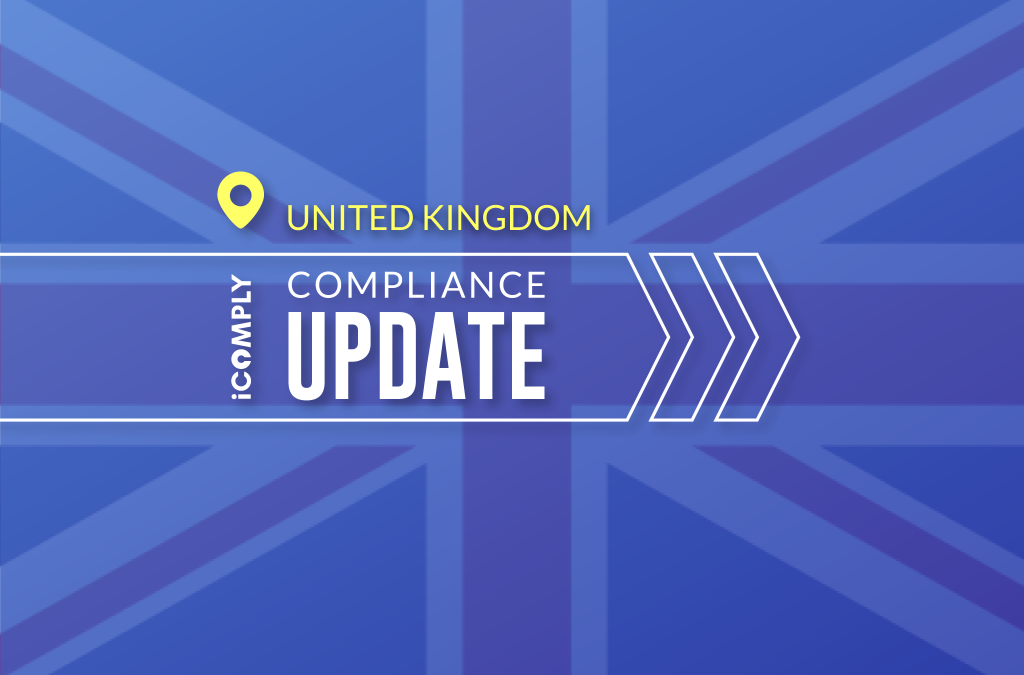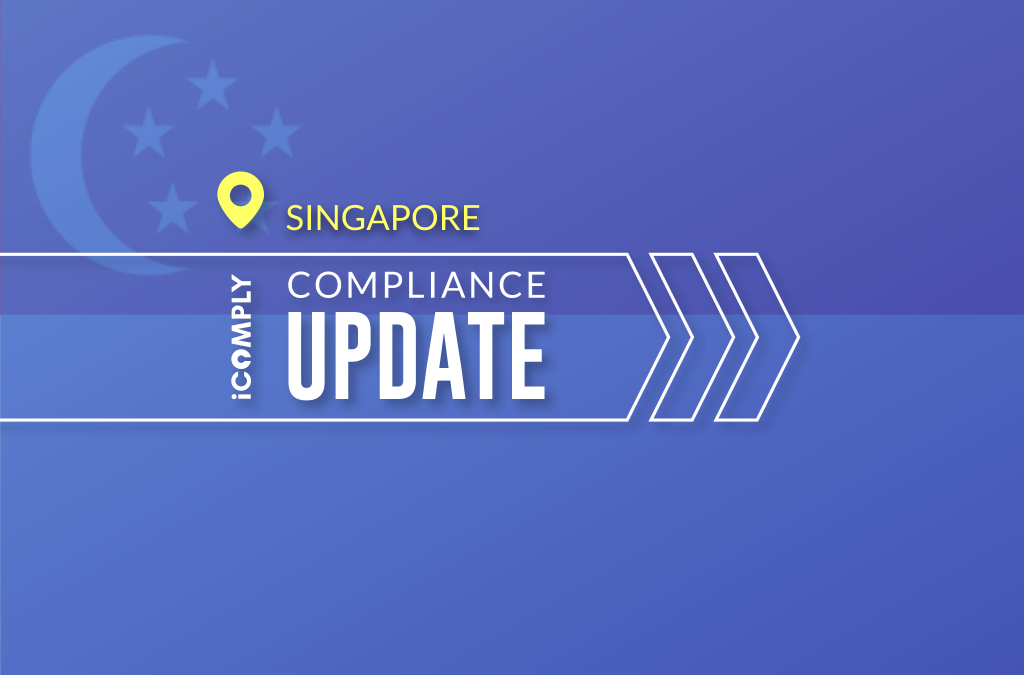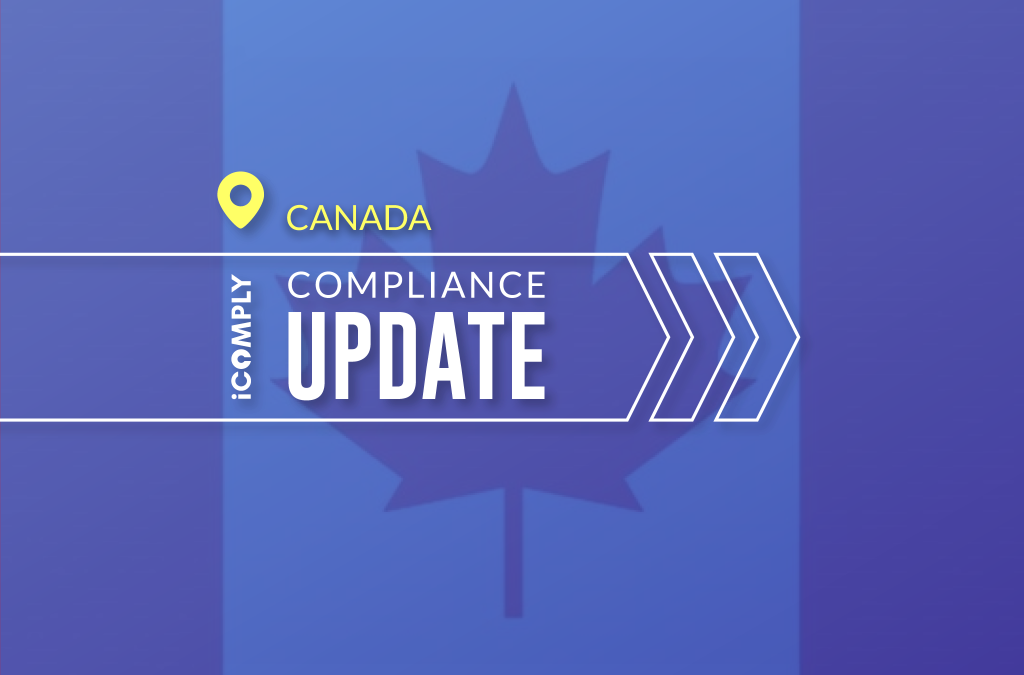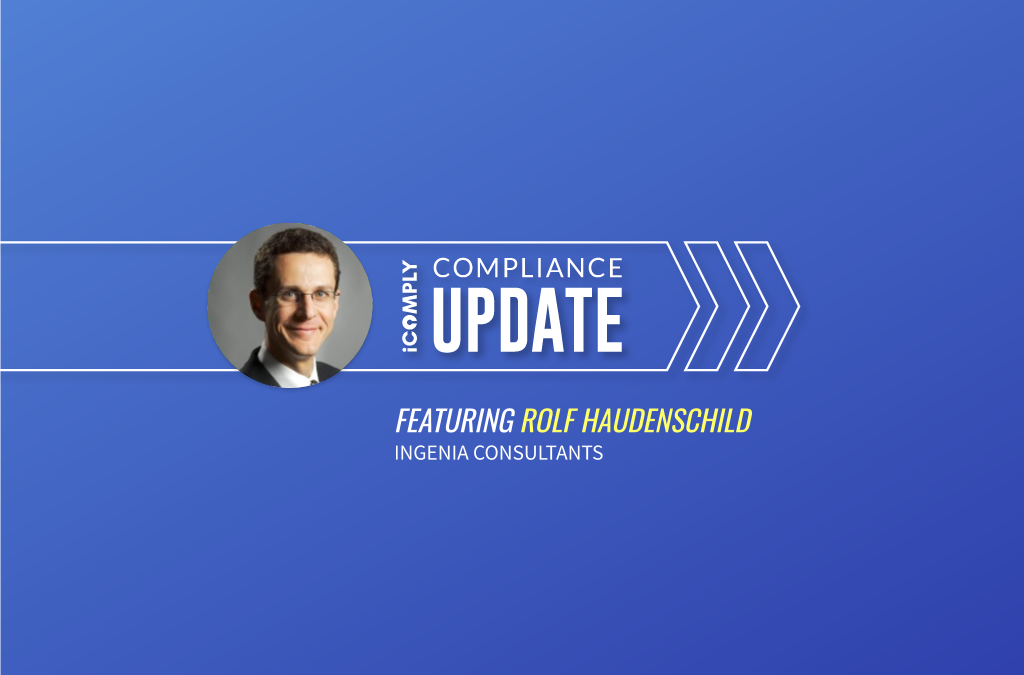Data privacy compliance is a critical aspect of operating in today's digital landscape. Protecting personal data and adhering to regulatory requirements helps build trust with customers and avoid legal repercussions. Implementing...
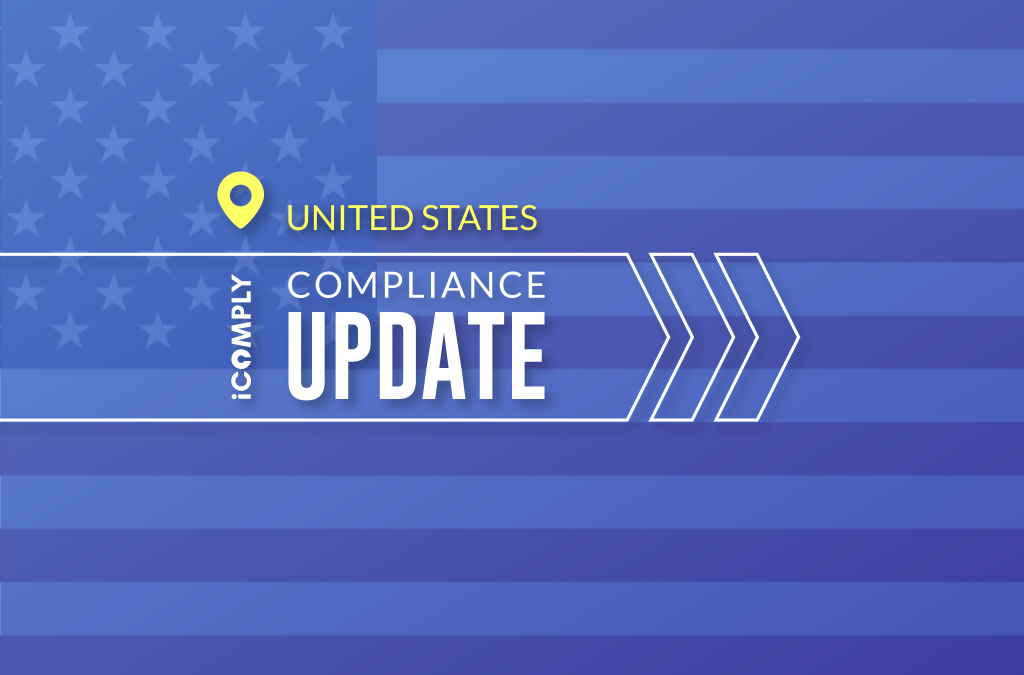
SEC Takes Emergency Action Against High Street Capital ICO
SEC Takes Emergency Action Against High Street Capital ICO
The US regulator charges Pennsylvania-based ICO issuers with violating the antifraud provisions of federal securities laws
What Happened?
June 19, 2020: The Securities and Exchange Commission obtained a temporary restraining order and asset freeze against the companies Hvizdzak Capital Management, LLC, High Street Capital, LLC, and High Street Capital Partners, LLC. Brothers Sean Hvizdzak and Shane Hvizdzak offered securities in a private fund and allegedly misrepresented fund performance, fabricated financial statements, and forged audit documents.
Source: https://www.sec.gov/news/press-release/2020-137
Who Is Impacted?
Current investors and advisors of the project; companies that have conducted a non-compliant token offering.
Why This Matters?
While the Hvizdzak brothers clearly had fraudulent intentions, the current precedent shows that any company making misleading statements in its investor communications–even if by mistake–would be treated by the U.S. regulators in the same way.
While fraudulent schemes are not uncommon in the traditional securities world, the percentage of issuers conducting offering fraud and the misappropriation of investor proceeds is significantly higher in the ICO world–and thus attracts a lot of attention from regulators.
To avoid similar action, companies operating in the digital securities space should make sure that their investor communications are compliant.
What’s Next?
In addition to an asset freeze and a temporary restraining order, the court ordered an accounting audit, expedited discovery, and an order prohibiting the destruction of the entities’ documents. A hearing is scheduled for June 30, 2020, in order to consider continuing the asset freeze and the issuance of a preliminary injunction for a longer period.
learn more
Is your AML compliance too expensive, time-consuming, or ineffective?
iComply enables financial services providers to reduce costs, risk, and complexity and improve staff capacity, effectiveness, and customer experience.
Request a demo today.
Ensuring Data Privacy in KYC Compliance: Key Steps and Best Practices
Understanding the General Data Protection Regulation (GDPR) for Business Compliance
The General Data Protection Regulation (GDPR) is a comprehensive data protection law that impacts businesses operating within the European Union (EU) and those handling EU citizens' data. Ensuring compliance with GDPR is crucial...
Corporate Due Diligence: KYB Best Practices for AML Risk Management
Corporate Due Diligence: Your Shield Against Money Laundering, Fraud, Risk and Liability. In today's dynamic business landscape, navigating risks and ensuring regulatory compliance is no easy feat. That's where corporate due diligence comes in – it's your shield...




